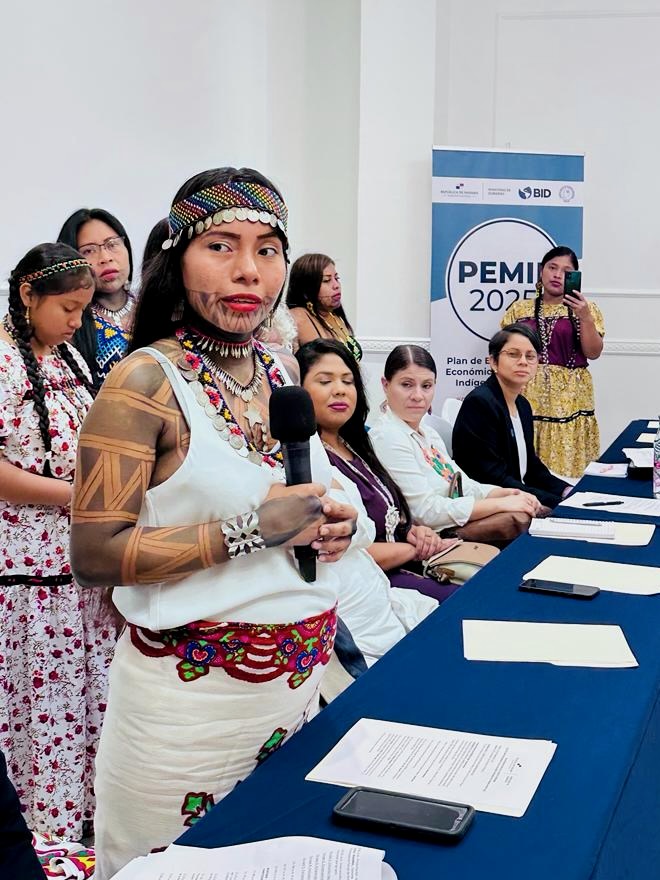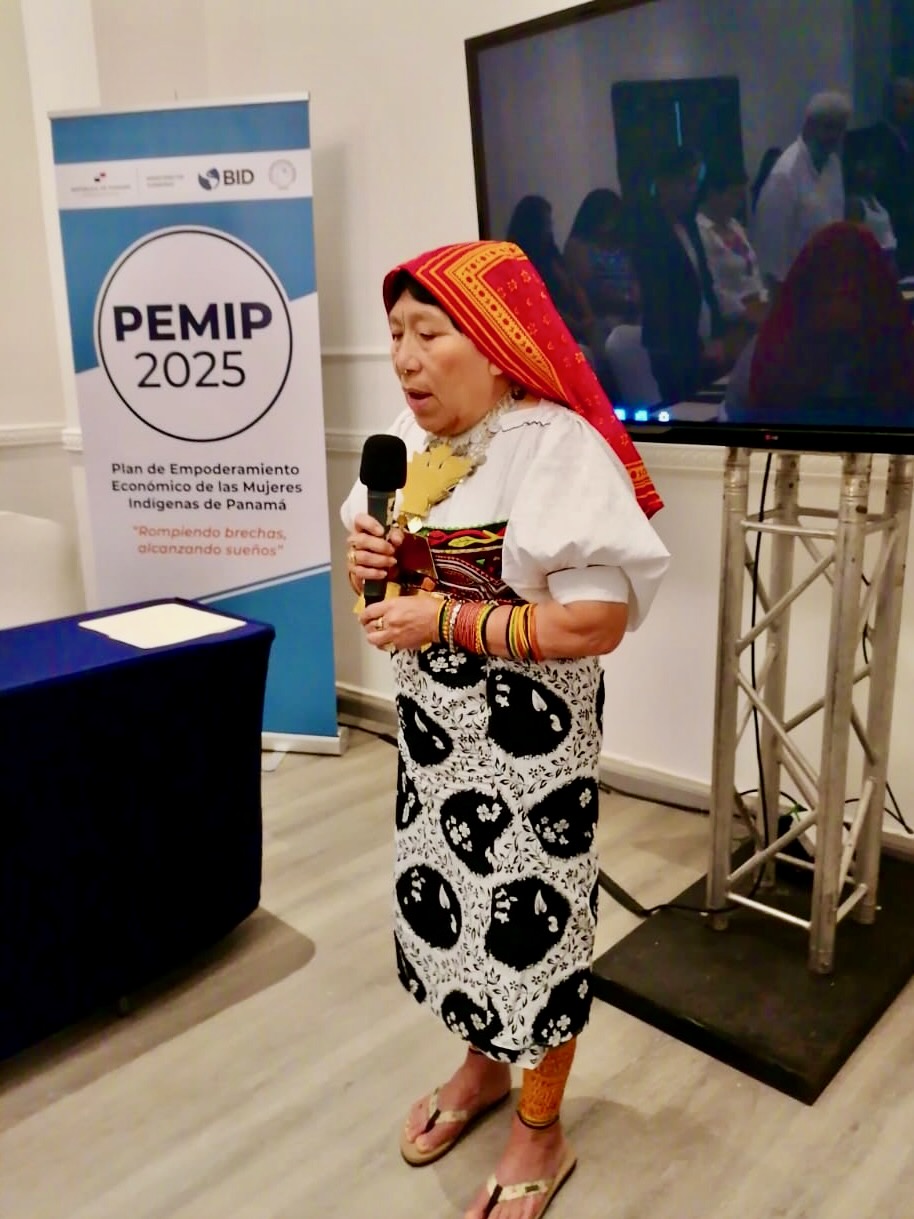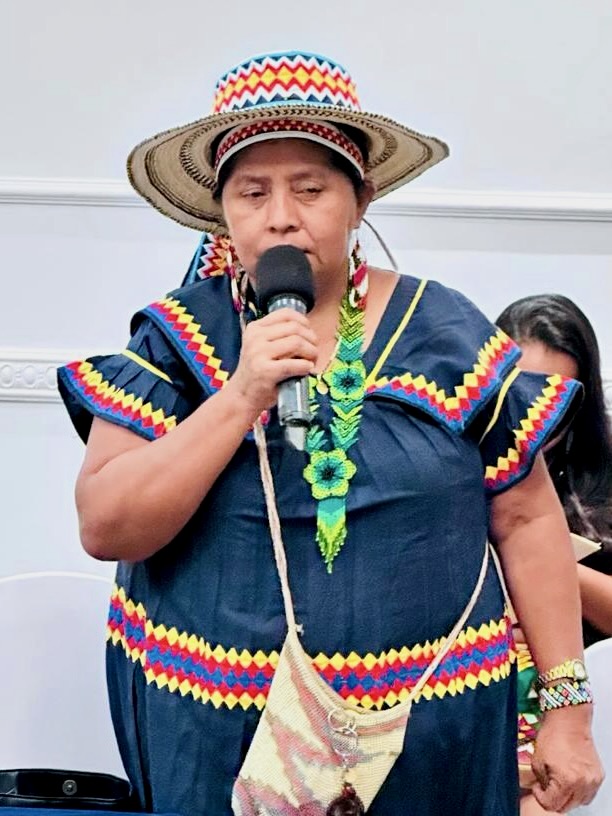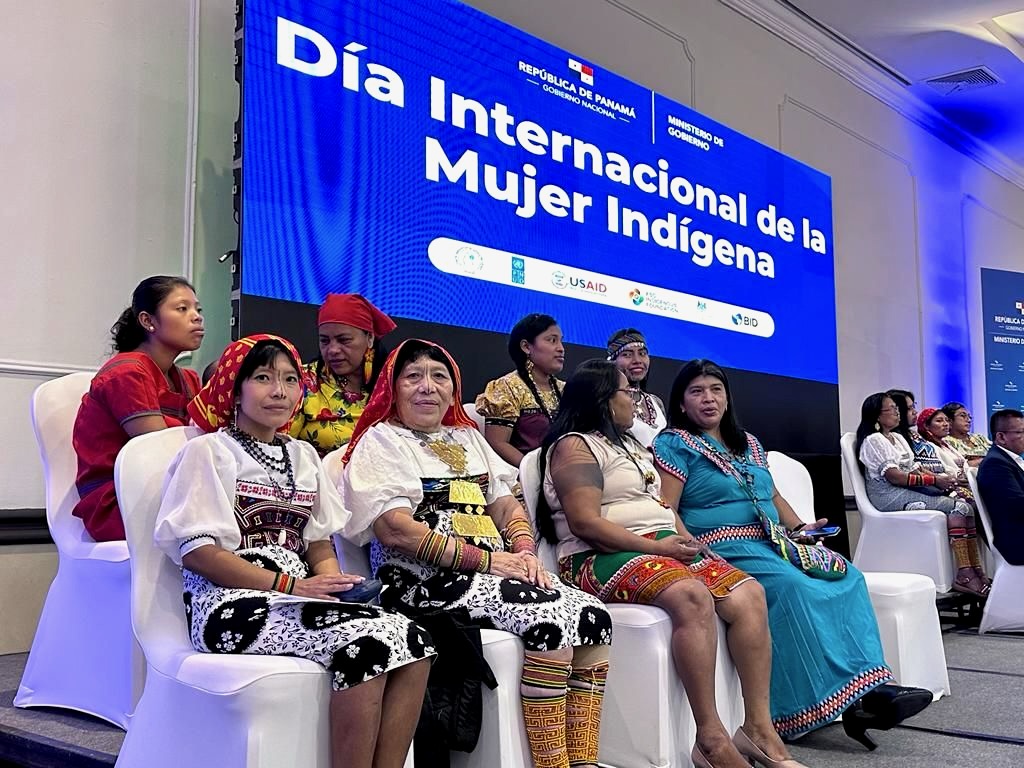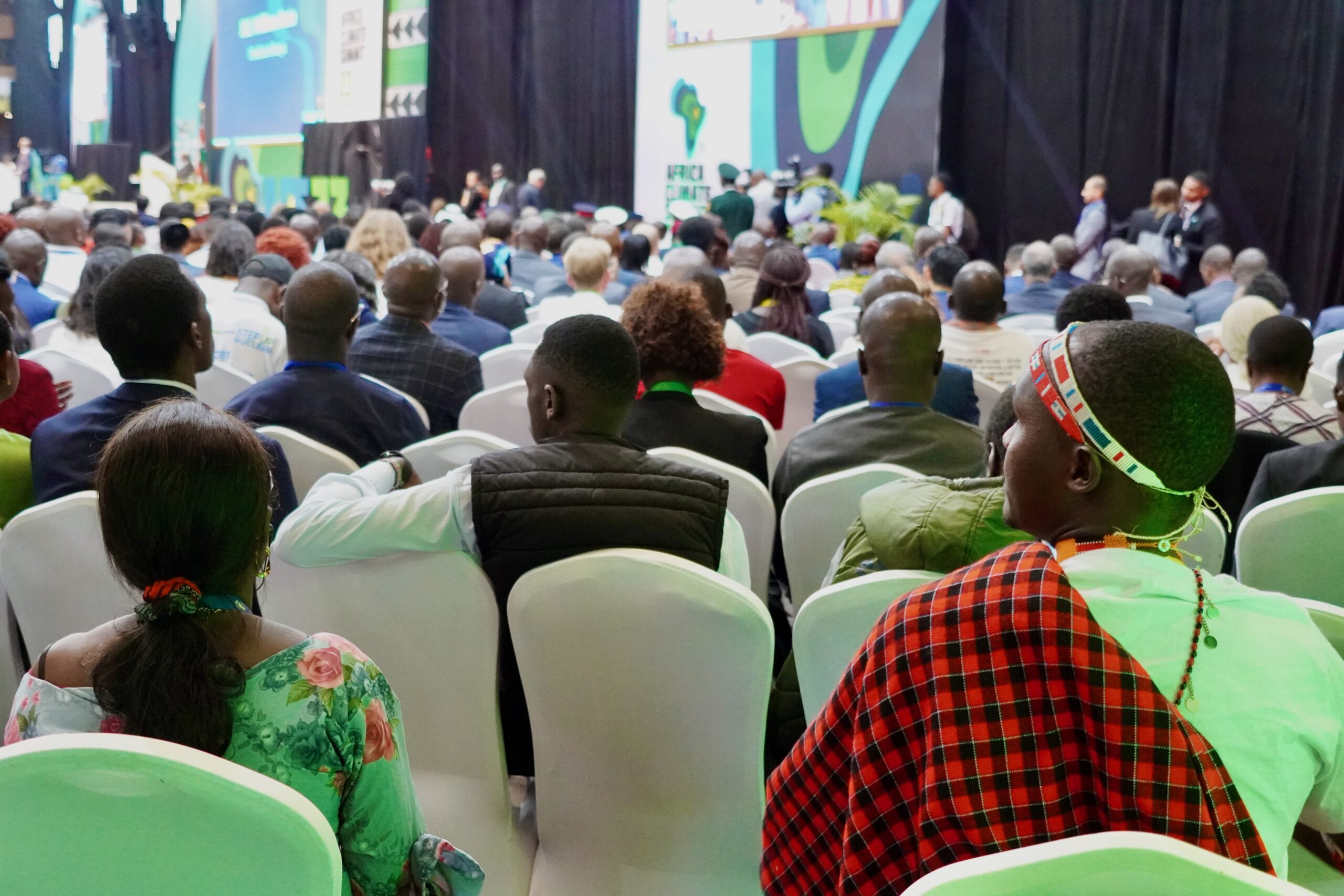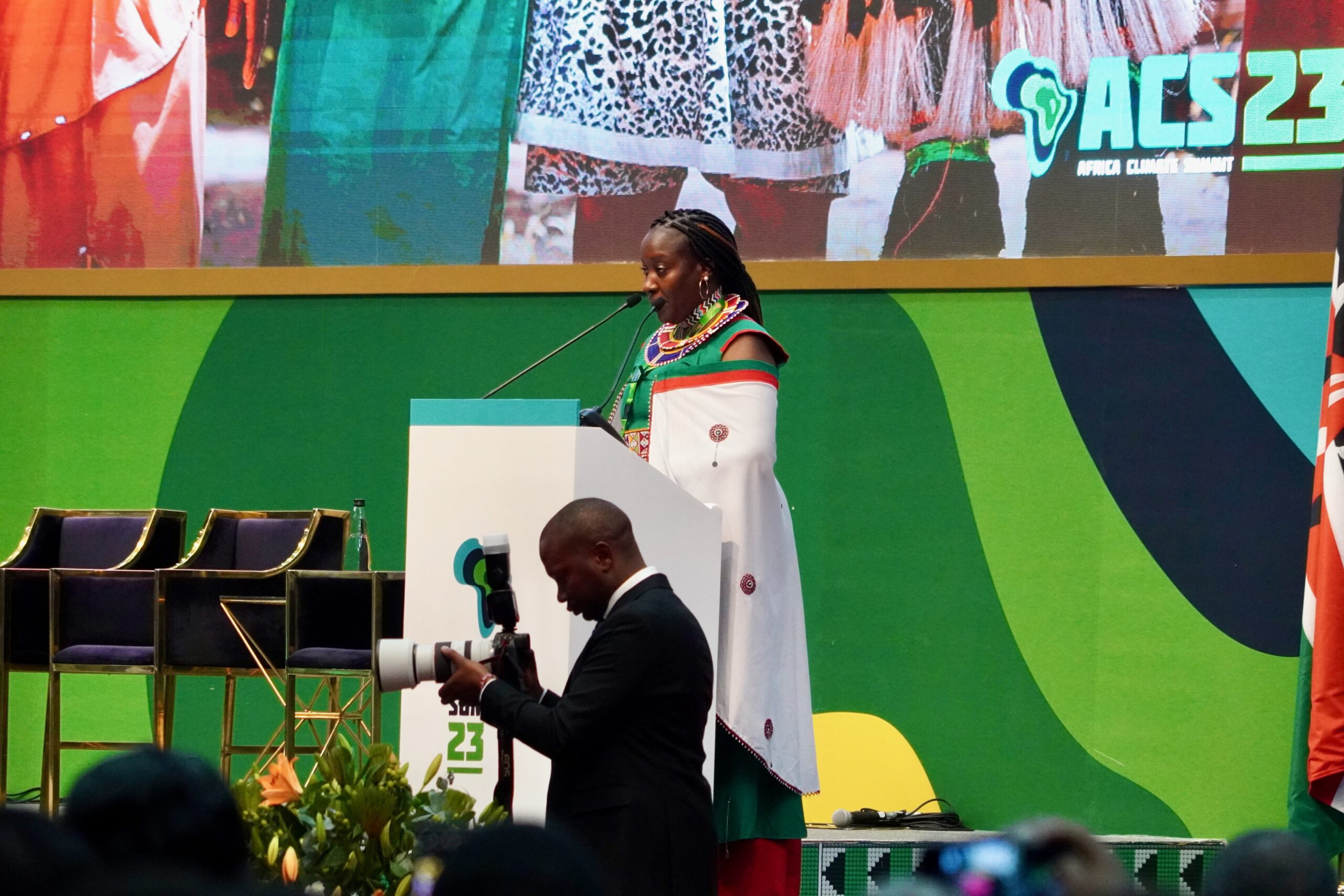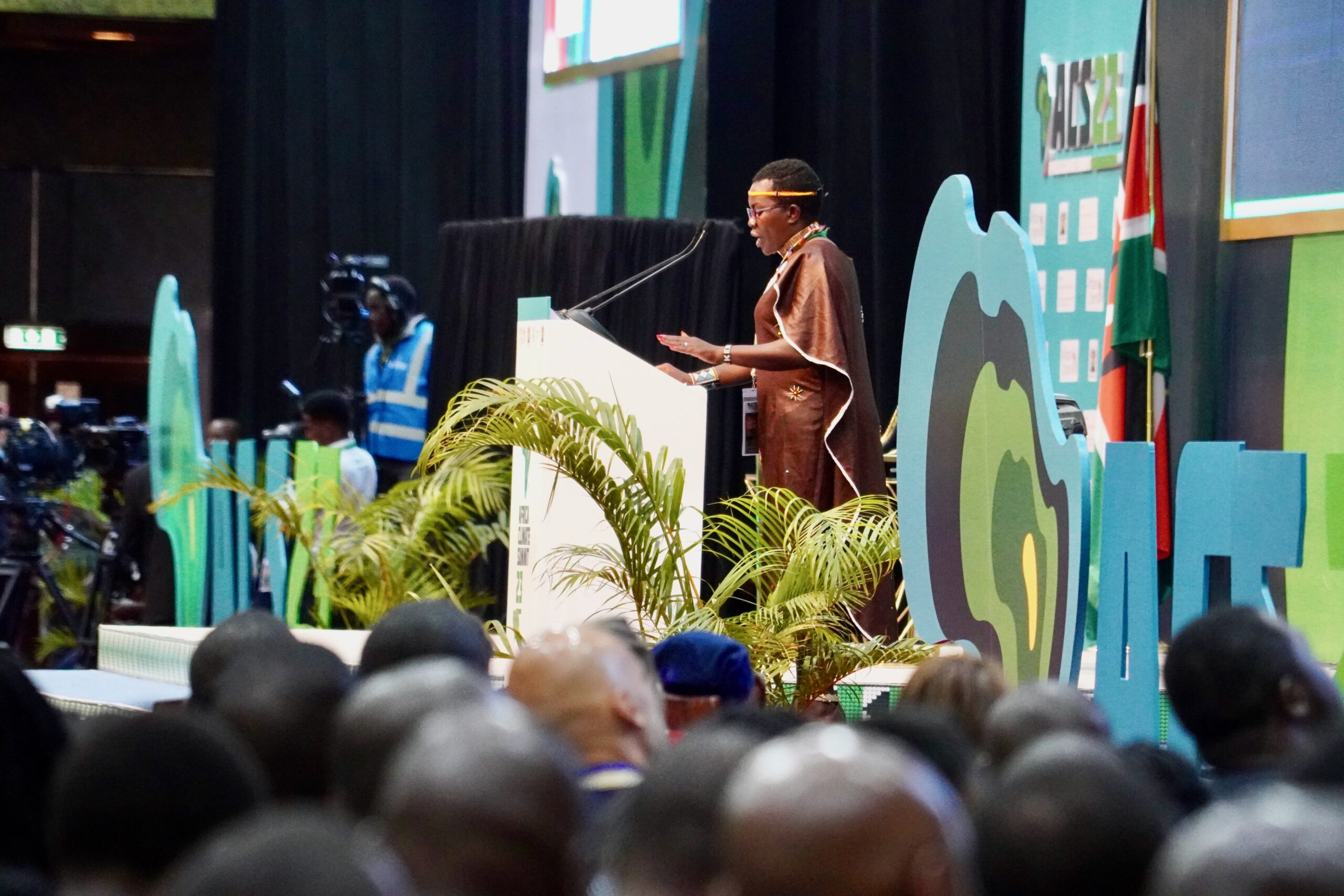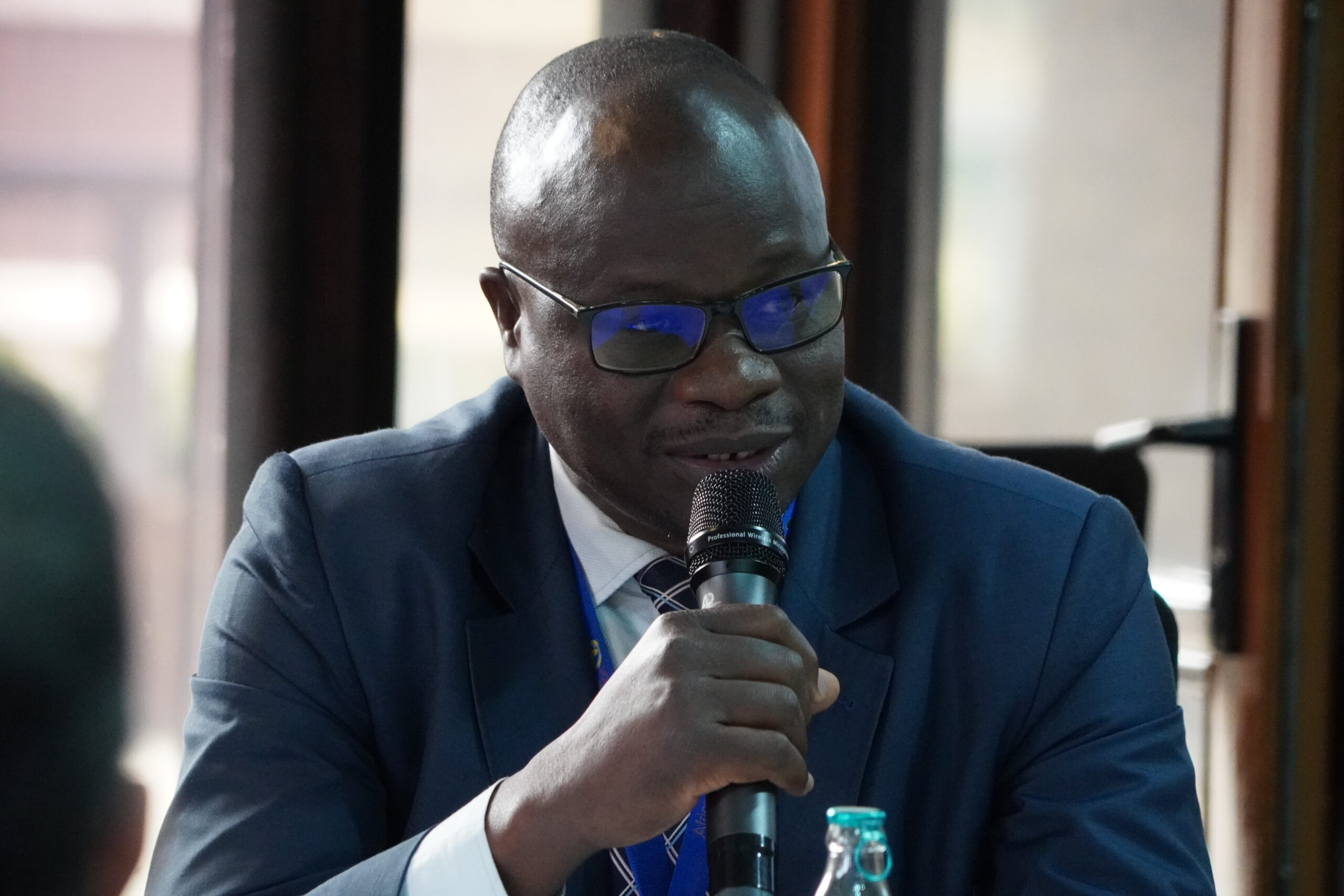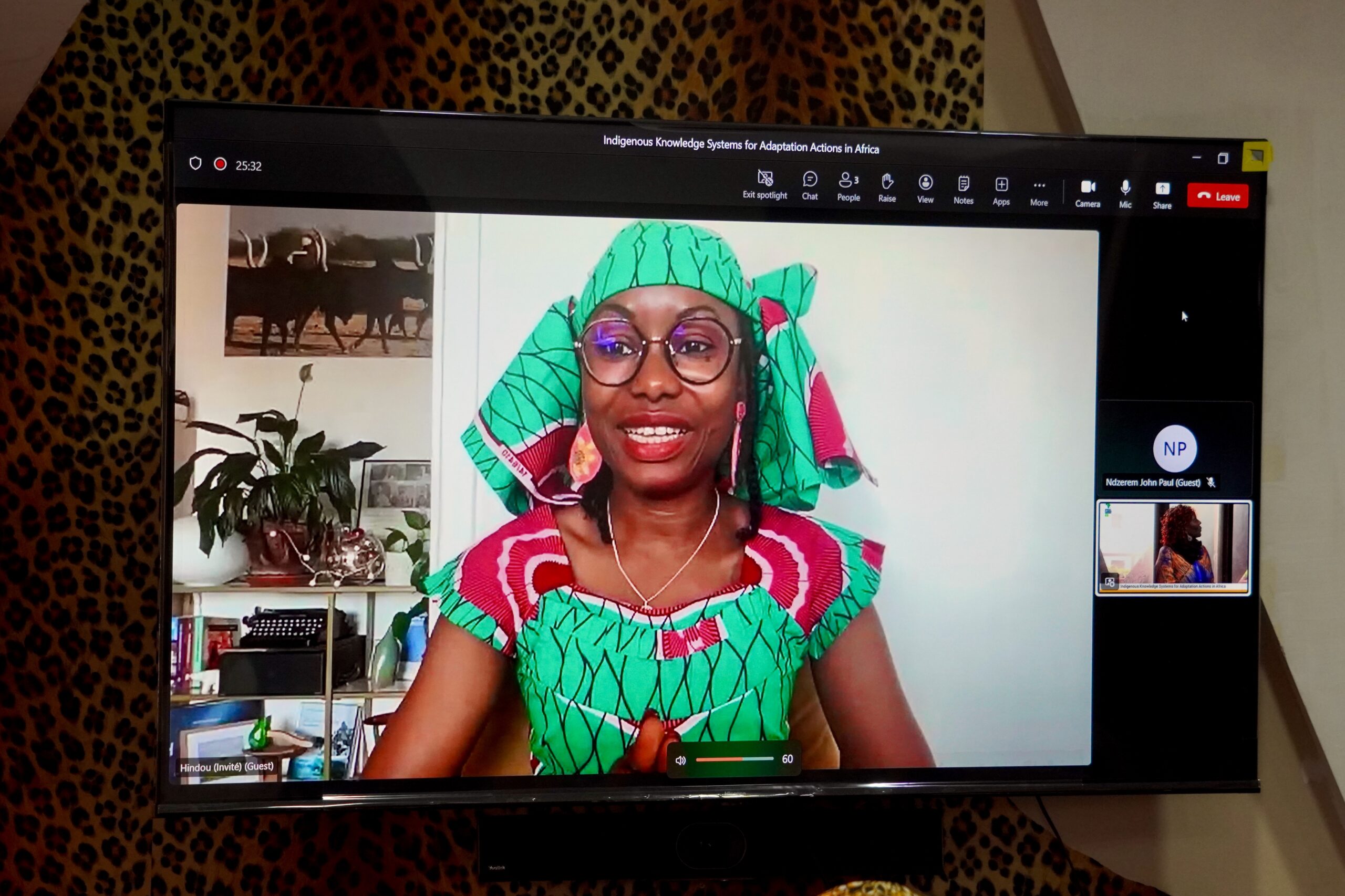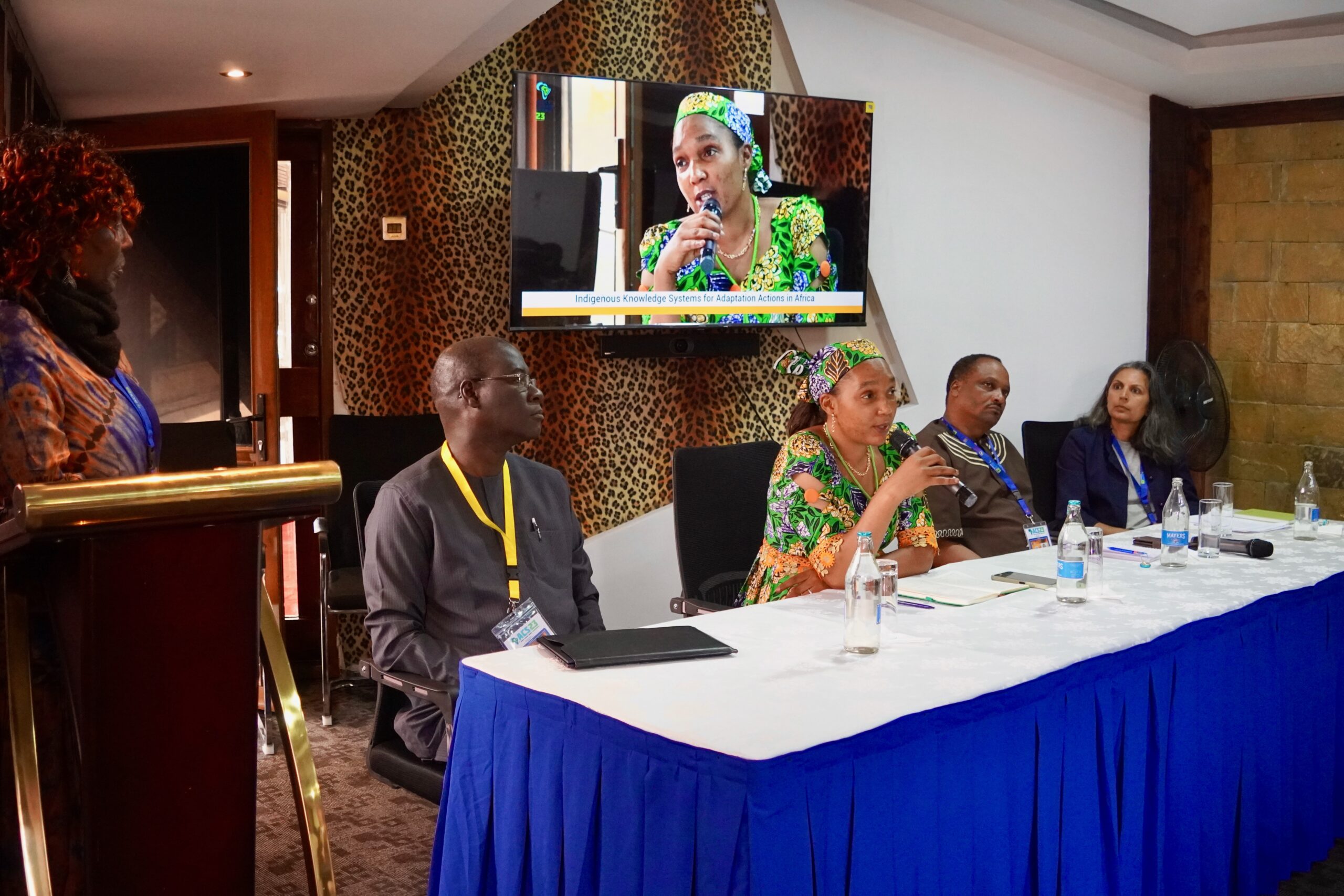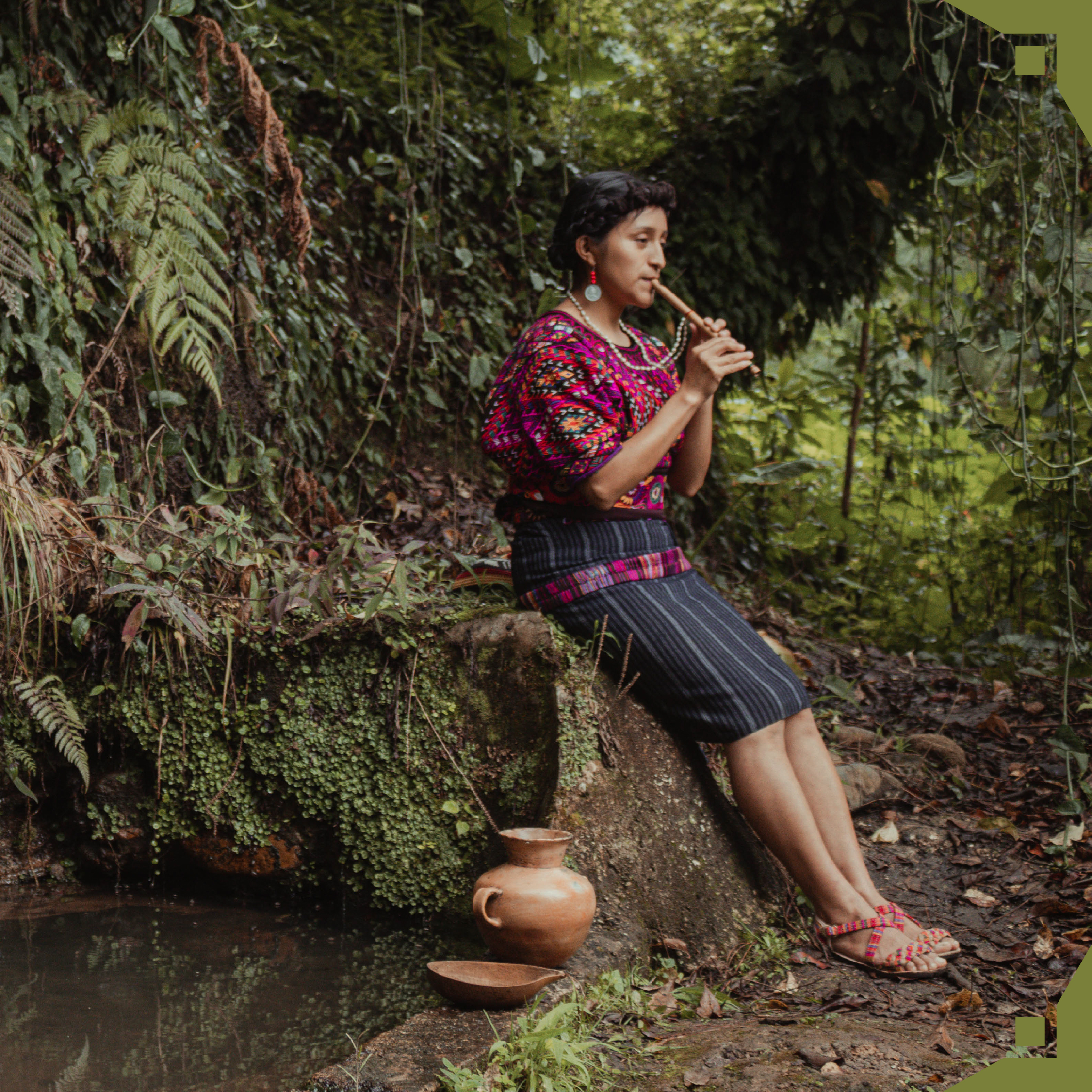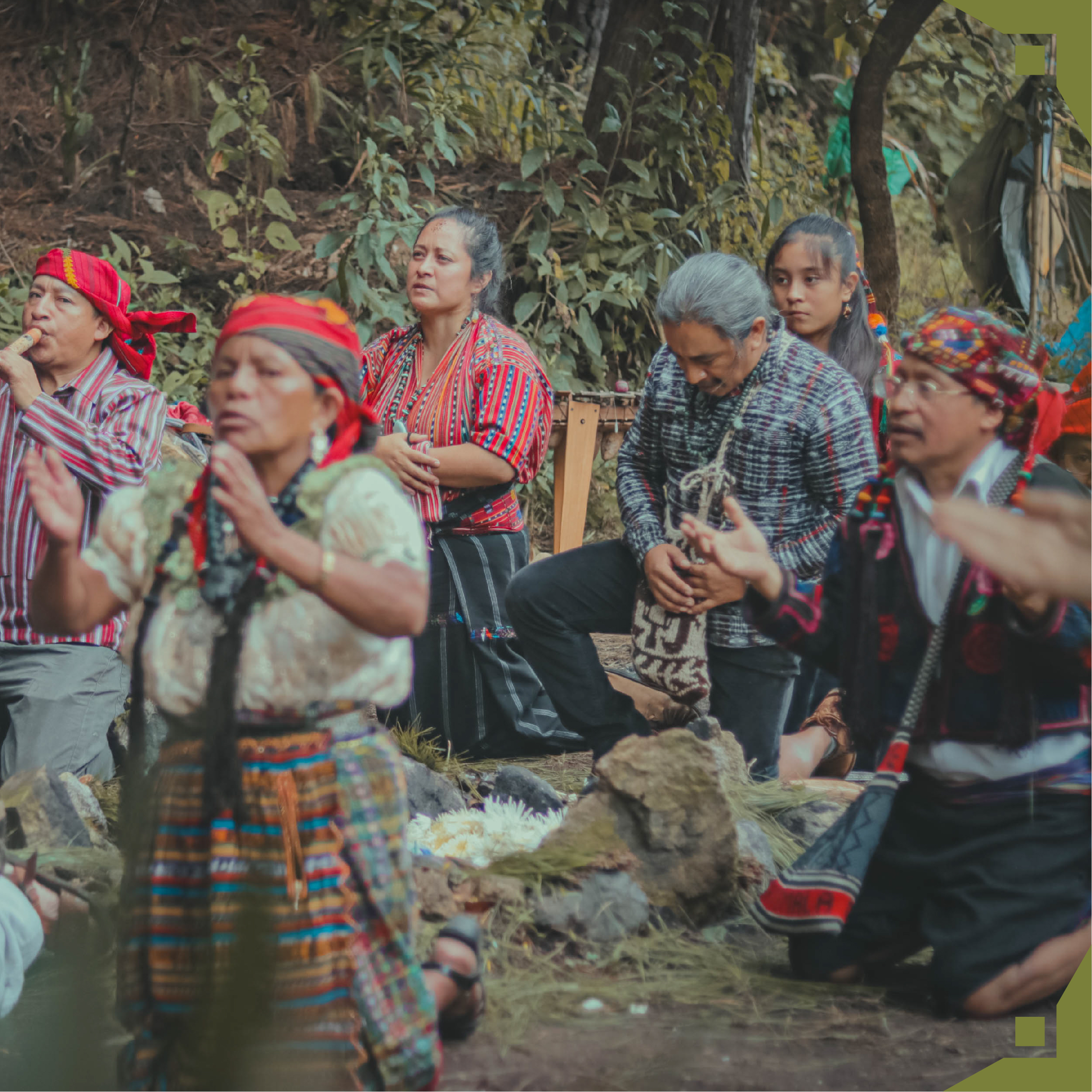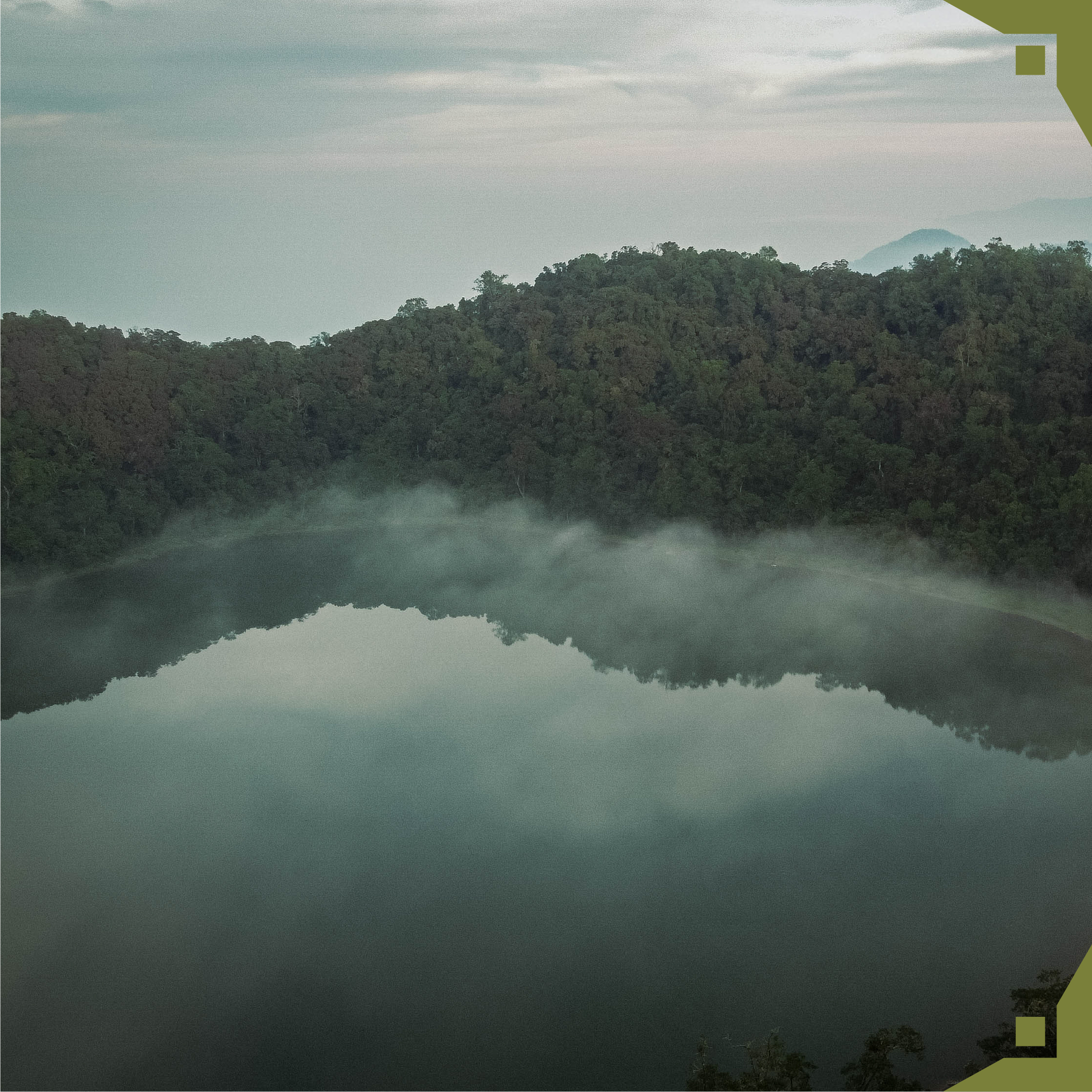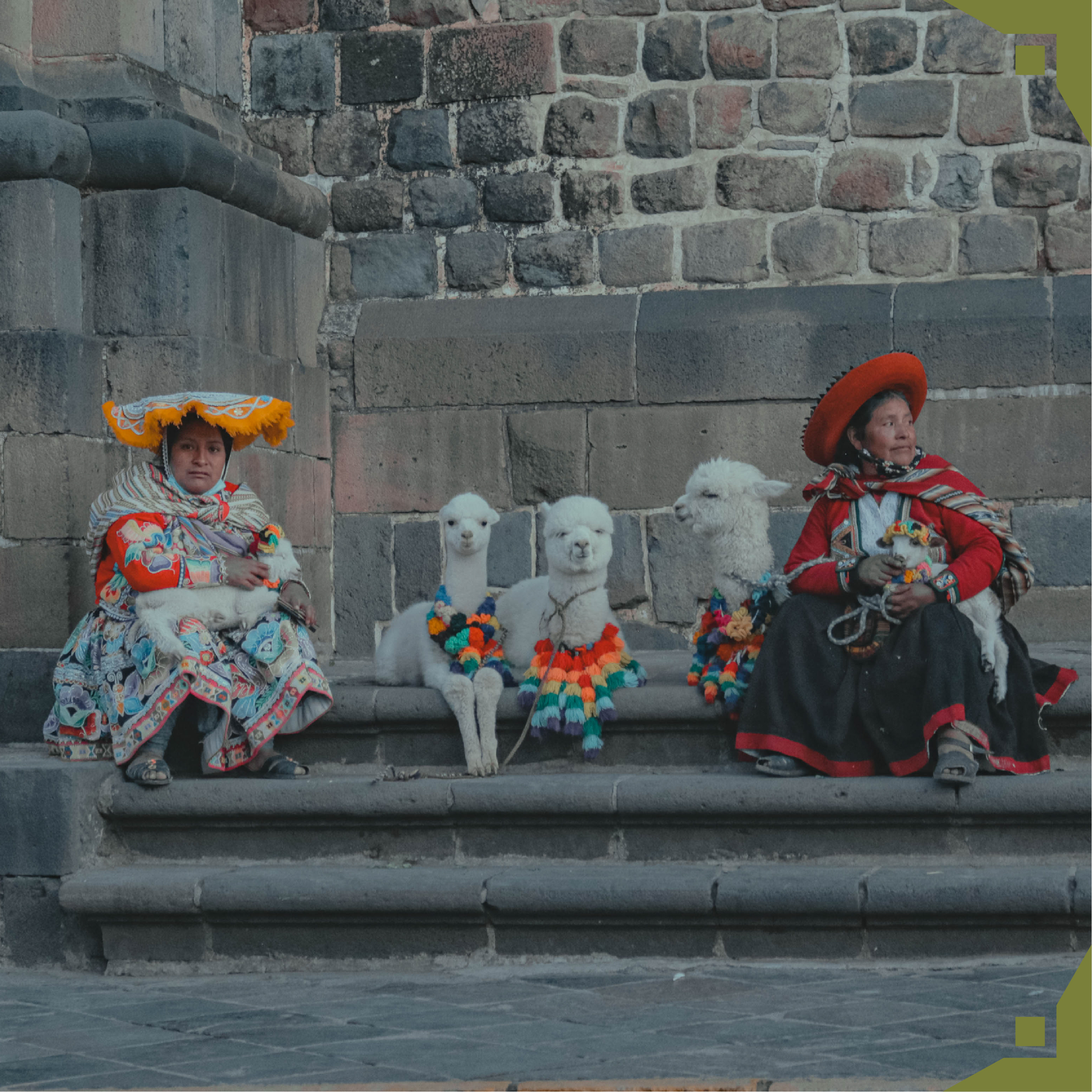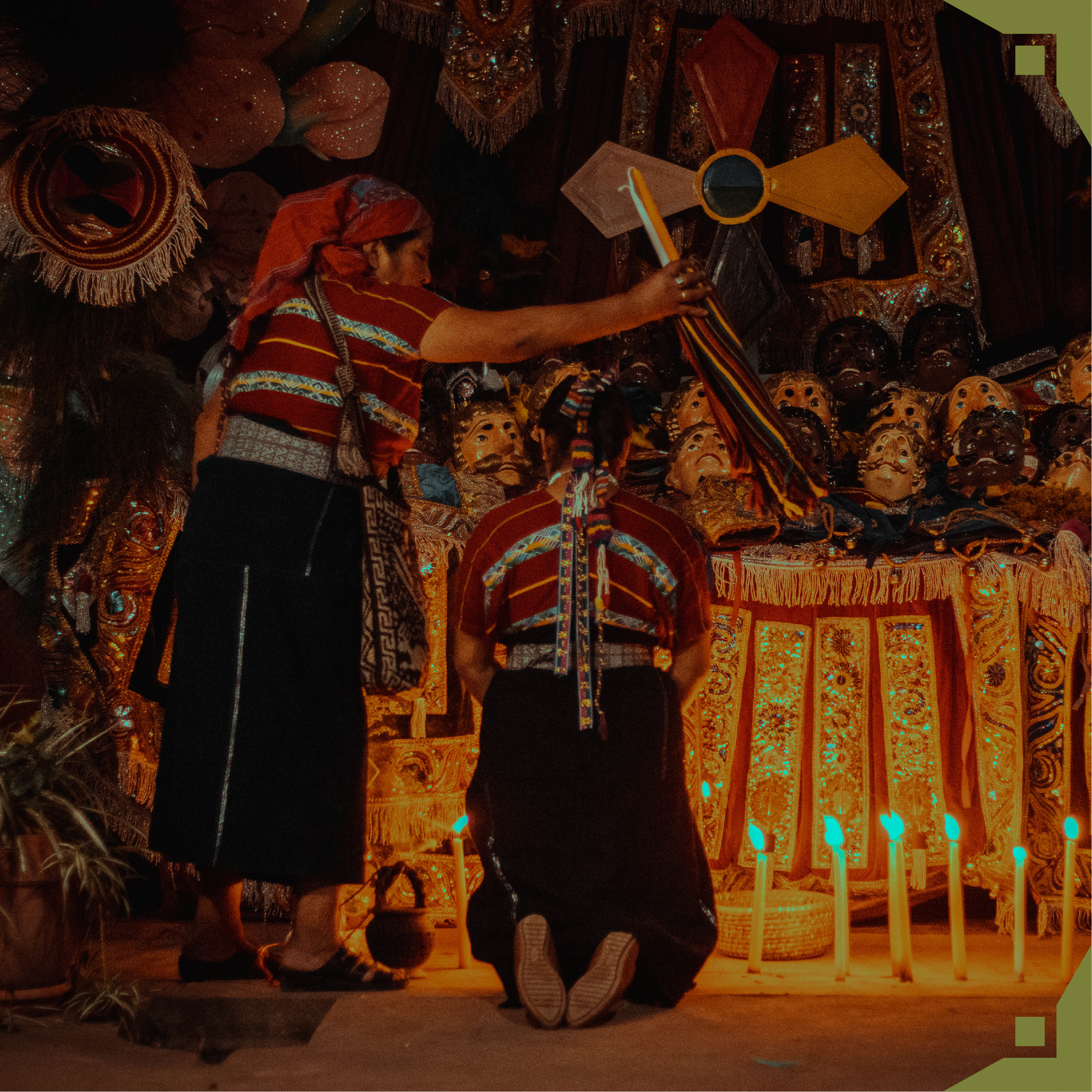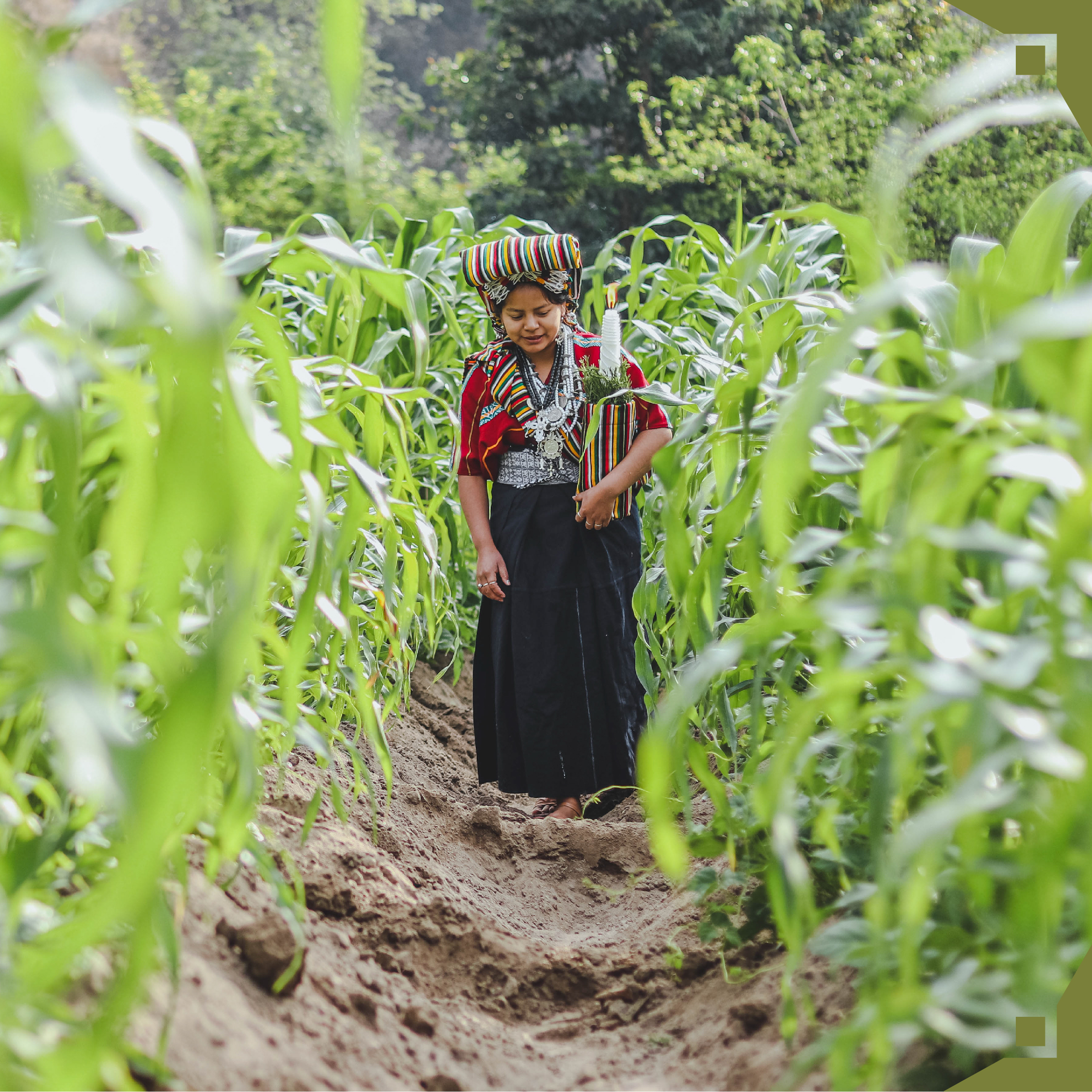Panama’s President signs decree adopting the Indigenous Women’s Empowerment Plan
Indigenous women’s leadership and teamwork were important to achieve his historic act
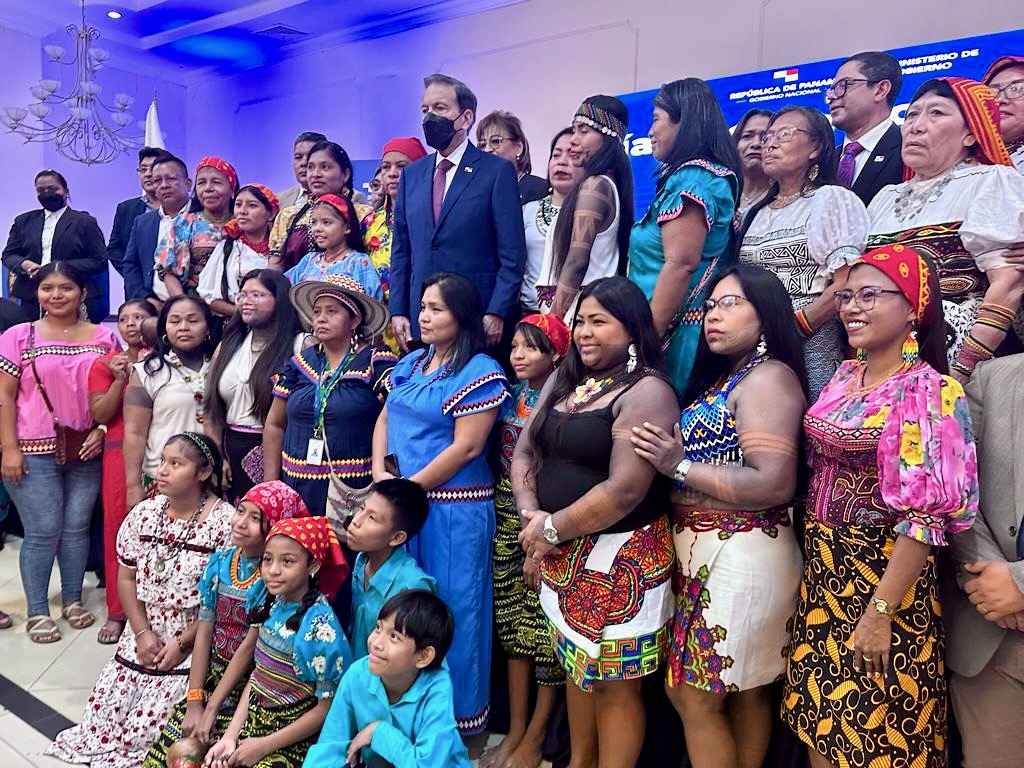
On the occasion of Indigenous Women’s Day, President of the Republic of Panama Laurentino Cortizo Cohen signed the Executive Decree adopting the Plan for the Empowerment of Indigenous Women of Panama (PEMIP 2025).
“We don’t want to be in the statistics of vulnerability. We want to be in the statistics of empowered women, breaking barriers, women who fight every day to develop their territories,” said Sara Omi, PEMIP 2025 Coordinator and Emberá leader.
It was a historic act in which for the first time in the Republic of Panama a public policy of gender inclusion was established, aimed at promoting the integral development of Indigenous women within and outside the Indigenous territories.
“With this sanction, for the first time a public policy is established for the integral development of Indigenous women, important pillars for the conservation of their culture, demonstrating great leadership and capacity to contribute to the development of the nation,” said President Cortizo.
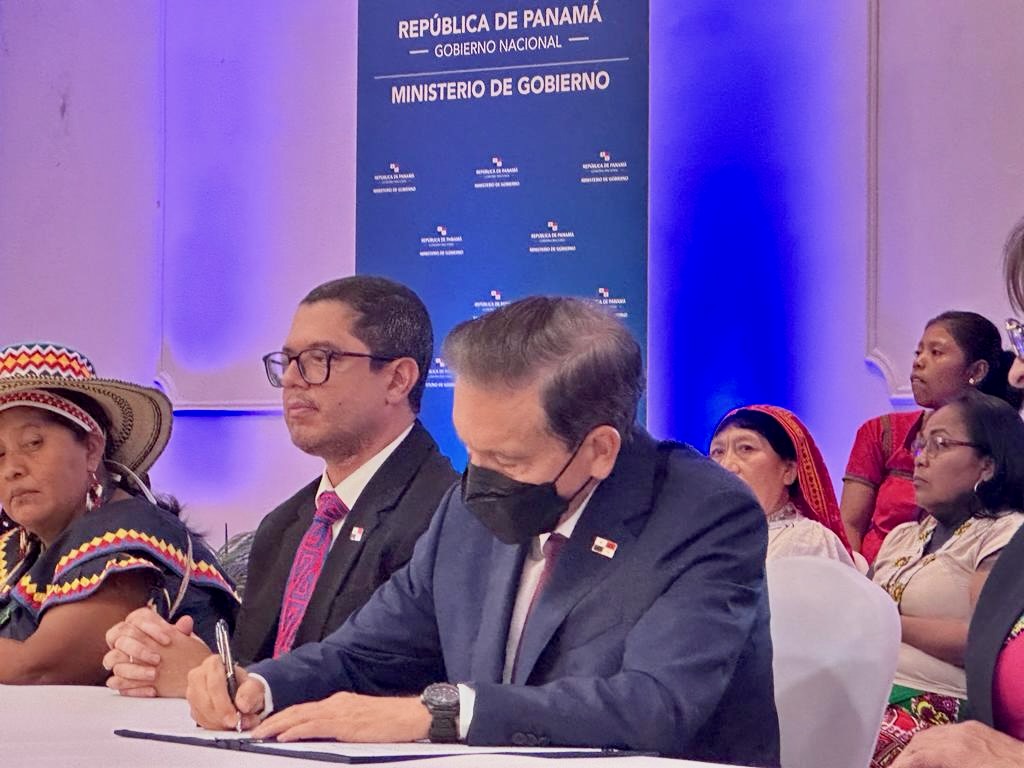
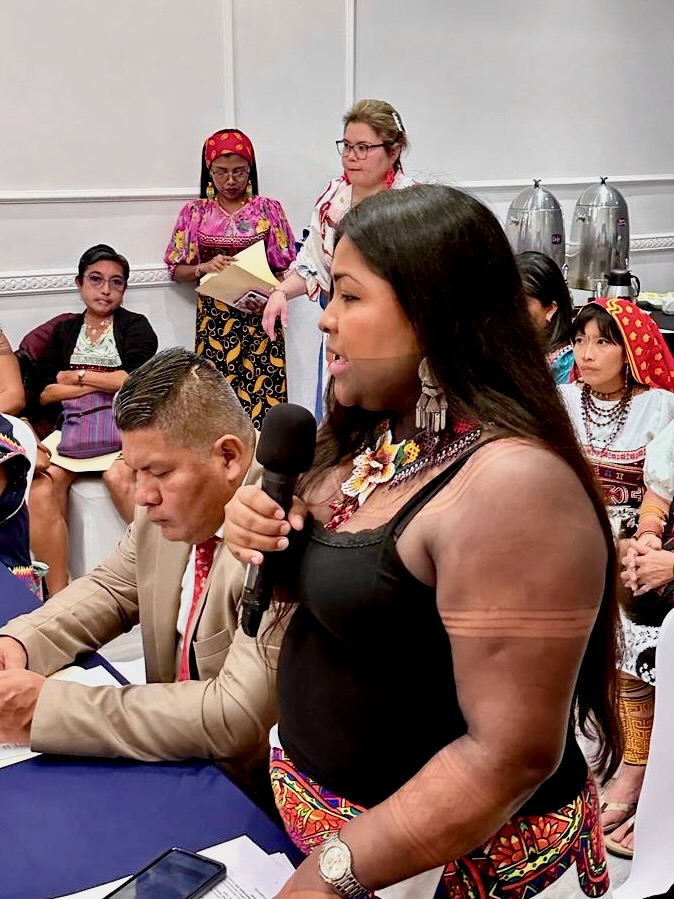
About PEMIP
The Economic Empowerment Plan for Indigenous Women of Panama (PEMIP 2025) is a pioneering initiative that seeks to unite commitments between Indigenous women and public, private, and civil society actors, to carry out concrete actions that provide more and better opportunities for Indigenous women to fully develop their potential and capacity to contribute to the development and well-being of their families, territories, and country.
Its objective is to advance the autonomy, full inclusion, and effective exercise of the economic rights of Indigenous women, without any type of discrimination and based on their protagonism and self-determination, with a timeline from 2022-2025.
Signing ceremony
The key message of this event was teamwork. The Plan is a multisectoral initiative with the participation of 69 entities, such as public sector institutions governing economic-labor policies (Ministry of Social Development, Ministry of Labor and Labor Development, Micro, Small and Medium Enterprise Authority), private sector (CECOM), development of Indigenous Peoples (Advisory Committee of Indigenous Women of Panama – CAMIP), NGOs (FSC Indigenous Foundation, City of Knowledge, AECID) and multilateral banks (Inter-American Development Bank, United Nations Development Program).
At the event, we heard from Laurentino Cortizo Cohen, President of the Republic, Roger Tejada Bryden, Minister of MINGOB, Briseida Iglesias, Guna Ancestral Sage, Sara Omi Casamá, National Coordinator of PEMIP 2025, Meybi Chamarra, Coordinator of CAMIP, Aulina Ismare Opua, Cacica of the National Congress of the Wounaan People and member of the National Council for the Integral Development of Indigenous Peoples of Panama (CONDIPI), Ana Grigera, Gender and Diversity Specialist of the Inter-American Development Bank (IDB), and María Ángeles Sallé, member of the PEMIP Technical Assistance Team and ENRED Panama.
A success factor to reach this day was that all stakeholders listened to Indigenous women and were open to working with different communities and empowering Indigenous leaders.
The Ministry of Government acknowledged that the FSC Indigenous Foundation plays an important role in facilitating this process.
How we support PEMIP 2025
The FSC Indigenous Foundation (FSC-IF) is supporting the governance and implementation of this plan through the Indigenous Peoples’ Alliance for Rights and Development (IPARD) Program, working with Indigenous women and guided by their wisdom, knowledge, innovation, and leadership. IPARD is funded by the United States Agency for International Development (USAID), the Forest Stewardship Council (FSC), and other private sector partners.
FSC-IF has a leading role in the PEMIP Strategic Sustainability Committee, working together with the IDB, CAMIP, the Ministry of Government, and ENRED, achieving many advances for the institutional strengthening of PEMIP and the implementation of CAMIP, such as workshops to expand their knowledge, manage the governance of PEMIP, empower their role in the Plan and be multiplier agents of change within their territories.
We also support i) the institutional strengthening of CAMIP, ii) the implementation of PEMIP in coordination with the government and CAMIP, to carry out the implementation of PEMIP at the local and community level, iii) the promotion of the implementation of PEMIP and other basic policies such as the implementation of Law 37 and Law 301, the organic charters of different comarcas and collective lands, iv) expansion of other issues to other areas to be inclusive in social, education and health issues and security of their rights, v) strengthening alliances and governance of the PEMIP, creating operational manuals and creating a network that strengthens and can ensure the sustainability of the Plan.
We consider this Plan to be not only a pioneering but an integral initiative that supports all actions promoted for and by Indigenous Peoples, supporting PEMIP 2025 and CAMIP as safeguards for the future and for Mother Earth.
